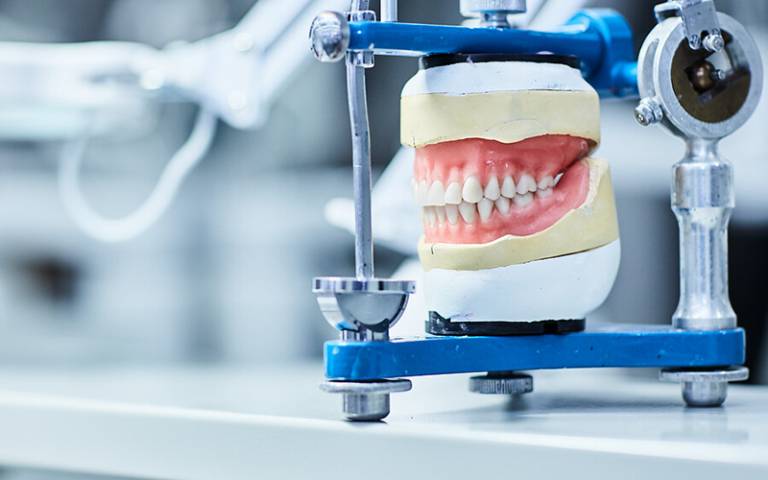Disease of the mouth directly impact millions of people's quality of life. There is a pressing need to educate more dentists and make oral healthcare more equitable, efficient and cost-effective, says Professor Stephen Porter, Director of the UCL Eastman Dental Institute.

Over the past 20 years or so there has been quite a profound shift in healthcare, away from simply treating the most obvious symptoms of disease towards improving overall quality of life and well-being. The World Health Organisation now defines health as 'a state of complete physical, mental or social well-being and not merely the absence of disease or infirmity.'
One area of health which arguably influences quality of life more frequently and perhaps more directly than anything else is that of oral health. That's perhaps not surprising when we think about how the mouth is involved in so many processes that define us as humans and bring us meaning. Eating is of course necessary for survival; but taste elevates it to a great pleasure and in most cultures communal eating is an important social rite. The mouth also initiates speech as well as non-verbal cues and interactions such as smiling and kissing (recent research suggests we've been kissing for at least 4500 years).
"The public perception of oral health care is that it's 'all about teeth'," says Professor Stephen Porter, Director of the UCL Eastman Dental Institute. "That's partially correct, since the most common disorders of the mouth are dental decay (caries) and gum disease (gingivitis/ periodontitis) each of which are essentially caused by dental plaque. But, alas, oral disease is much more than that, as the mouth also comprises a lining - the oral mucosa - as well as muscles for speech and swallowing, salivary glands and a nervous innervation that is possibly one of the most complex of the body outside the central nervous system. In addition, almost any pathological process can affect the mouth: for example genetic disease, infection, immunologically-driven disease and cancer."






